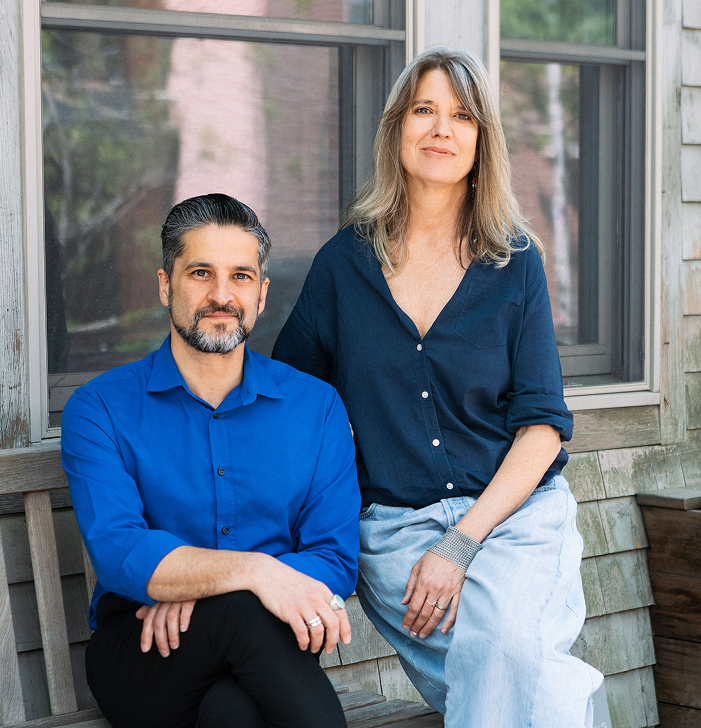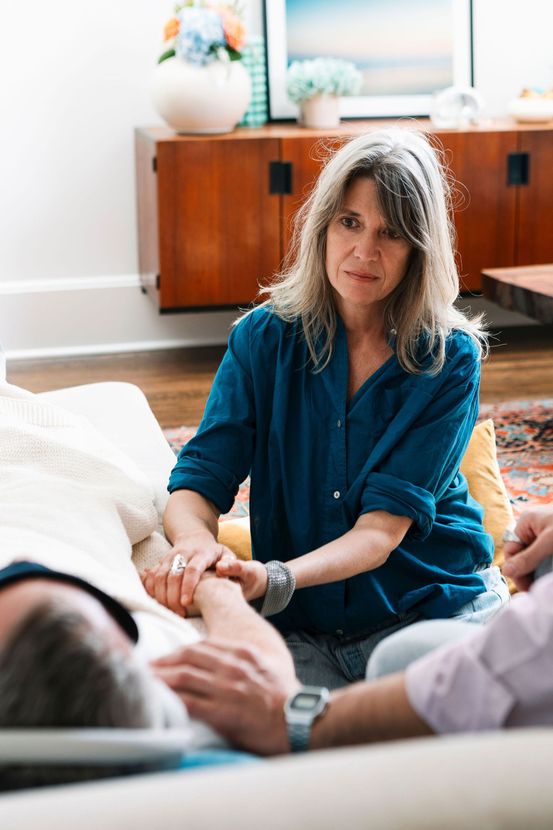
About Us
Discover a place where psychedelic therapy meets science, compassion, and real healing.
To advance safe, effective, and ethical psychedelic-assisted therapy through research, practice, and training.
Mission
A world where psychedelic care is accessible, healing, and rooted in human connection.
Vision
Our Story
Nautilus Sanctuary was born from the front lines of psychedelic research. Founded by clinicians who led New York’s largest MAPS Phase III trial site, Nautilus carries forward the legacy of MDMA-assisted therapy with a focus on safety, expertise, and healing.
Pioneering Leadership
Led by Dr. Willa Hall and Dr. Casey Paleos, among the few with hands-on experience in FDA Phase III MDMA trials.
Rooted in Research
Our origins stem from five years of groundbreaking work on MDMA therapy for PTSD.
Built for the Future
Created to advance research, train new clinicians, and establish a trusted model for psychedelic care.

Why Nautilus Sanctuary?
We bridge the clinical and the communal to offer psychedelic care that’s both deeply human and clinically grounded.
Clinical Excellence
Grounded in years of mental health expertise, we ensure safety, structure, and evidence-based care throughout the healing process.
Human Connection
We honor the spiritual, emotional, and relational depth of psychedelic therapy creating spaces where true transformation can unfold.

What We Do
Nautilus Sanctuary is a nonprofit clinical and research hub committed to advancing safe, effective psychedelic therapies.
Advancing Research
We design and sponsor clinical trials that fill crucial gaps in our understanding of safety, efficacy, and long-term benefits. Our current FDA-approved study offers MDMA-assisted therapy to frontline healthcare workers battling chronic stress and burnout, combining cutting-edge science with compassionate care.
Training & Education
Drawing from our direct experience in FDA clinical trials, we are creating world-class training materials — including a video library from our study — and mentorship programs to prepare the next generation of psychedelic-assisted therapists.
Who We Serve
Nautilus Sanctuary exists to serve
Patients and participants
Seeking safe, transformative care
Frontline healthcare workers
Facing burnout and chronic stress
Aspiring psychedelic therapists
Eager for expert, ethical training
Supporters and donors
Passionate about building an accessible future for psychedelic medicine
Our Values
Our work is grounded in principles that reflect both the heart and rigor of our mission:
Integrity
We adhere to the highest ethical standards in all our research, training, and care.
Wisdom
Informed by experience and ongoing study, we continuously refine our practices.
Service
We are dedicated to serving the needs of our participants, community, and field.
Compassion
We meet every individual with empathy, respect, and deep care.

Founding Members
Clinical Psychologist Dr. Willa Hall received her A.B. in Psychology from UC Berkeley in 1987 and her PhD in Clinical Psychology from New School in 1999. Over the past 20 years, she has dedicated herself to raising her children while working in community mental health and private practice in New York City. In 2017, she began work on the MAPS NYC site as a co-therapist on the Phase III trials assessing the efficacy of MDMA-assisted psychotherapy for severe PTSD. Dr. Hall has a long-standing interest in understanding the ways in which the therapeutic relationship and, in particular, the therapist’s authenticity facilitates a client’s deepening appreciation of their own authentic self. More recently, Dr. Hall’s attention has turned to understanding the therapist’s role in treatments that utilize non-ordinary states of consciousness in order to maximize growth and healing.

Willa Hall
PhD
Psychiatrist Casey A. Paleos, MD is a psychiatrist in private practice in the New York City area, a Clinical Assistant Professor of Psychiatry at New York University, He currently serves as both Co-Principal Investigator and Study Therapist at the NYC Private Practice Site of the ongoing MAPS-sponsored Phase 3 clinical trial for MDMA-Assisted Psychotherapy for PTSD. He is passionate about the advancement of psychedelic-assisted psychotherapy and has over 10 years of clinical experience in the field, beginning in 2009 with his work as a Study Therapist in the NYU Psilocybin Cancer Anxiety Study. Dr Paleos is interested in exploring the curative potential of psychedelic-assisted psychotherapy in the treatment of severe mental illness, as well as in its use for more highly functioning individuals seeking personal spiritual advancement and growth. He views the latter usage in particular as a profoundly important vehicle for more widespread, and desperately needed, positive, grassroots societal change.

Casey Paleos
MD
Clinical Psychologist Dr Alex Belser is a psychedelic researcher and psychologist at Yale University. For the last 20 years, he has been a leader in the psychedelic clinical community, having served as an investigator on a number of clinical trials of psilocybin and MDMA to treat depression, anxiety, substance use, OCD, PTSD, and end-of-life distress. He is the founding President of Nautilus Sanctuary, the first non-profit center for psychedelic medicine on the east coast. He serves as the Chief Clinical Officer of Adelia Therapeutics, a Cybin company and the third largest publicly traded psychedelic life sciences company. Dr Belser’s research has been featured on the front page of the New York Times, in the Atlantic, the New Yorker, The Guardian, and in Michael Pollan's book, How to Change Your Mind. At Yale, Dr Belser is investigating psychedelic treatments for OCD and depression. He worked as a therapist on studies of MDMA-assisted psychotherapy for the treatment of severe PTSD. He previously served on the Board of Advisors to Compass Pathways, then a non-profit organization. He is a member of Chacruna Institute’s Women, Gender Diversity, and Sexual Minorities Working Group, where he works on issues affecting LGBTQI+ people. Dr Belser has authored over a dozen peer-reviewed journal articles and chapters and has given over fifty lectures, presentations, and Grand Rounds about psychedelic medicine. Dr Belser studied at Georgetown University, the University of Cambridge, Columbia University, New York University, and Yale University. Dr Belser trained at Bellevue Hospital, Mount Sinai Beth Israel Hospital, and New York Psychiatric Institute at Columbia University. He has also received extensive training in psychedelic psychotherapy from recognized senior teachers. He is a student of somatic practices and is a licensed kundalini and hatha yoga teacher. His website is http://alexbelser.com and his practice website is http://centerforbreakthroughs.com.

Alex Belser
phD
Psychiatrist Dr Phil Lister trained in adult and child psychiatry at Weill Cornell's Payne Whitney Clinic, overlapping with training in adult and child psychoanalysis at Columbia University Center for Psychoanalytic Training and Research. Afterwards he opened a private practice seeing children, adolescents, adults, and couples. Phil developed particular interests in working with families and individuals coping with bereavement, with traumatic experiences in the medical system, and with trauma more broadly defined. He studied and incorporated EMDR and Somatic Experiencing into his practice. He learned about and trained in psychedelic psychiatry as an extraordinary, powerful model for helping individuals heal from trauma and, more broadly, to grow into a fuller occupancy of our precious lives.
We lost Phil to cancer, too soon in 2024. In addition to his beloved family, he leaves behind a large community of friends, patients and co-workers who benefitted tremendously from his kindness, wisdom, humor and mad writing skills. In one of his last missives to us, he wrote:
“…so much love it’s up to us to collect it to intensify it, as if as part of the big bang theory which I know nothing about, to smush that love into the tiniest space, to add so much love into the space, more and more so that then that totality of love overflows and is ready to be directed outwards in every direction to every person.”
Clinical Psychologist Dr Emily Horowitz is a clinical psychologist employed at the New York Veterans Affairs Medical Center, as well as in her private psychotherapy and sound healing practices. She is also a sub-investigator/study therapist for the MAPS Phase III Clinical Trial of MDMA-supported psychotherapy for the treatment of PTSD. She specializes in the treatment of depression, anxiety, PTSD, substance abuse disorders, and the integration of psychedelic and other non-ordinary-states of consciousness experiences. She graduated from Yeshiva University's Ferkauf Graduate School of Psychology in 2007.

Emily Horowitz
psyD
Looking Ahead
As interest in psychedelic medicine grows, so does the need for trusted guidance. At Nautilus, we lead with integrity, expertise, and care.
Join us as we build a future where safer, accessible, and effective psychedelic therapies transform lives.



